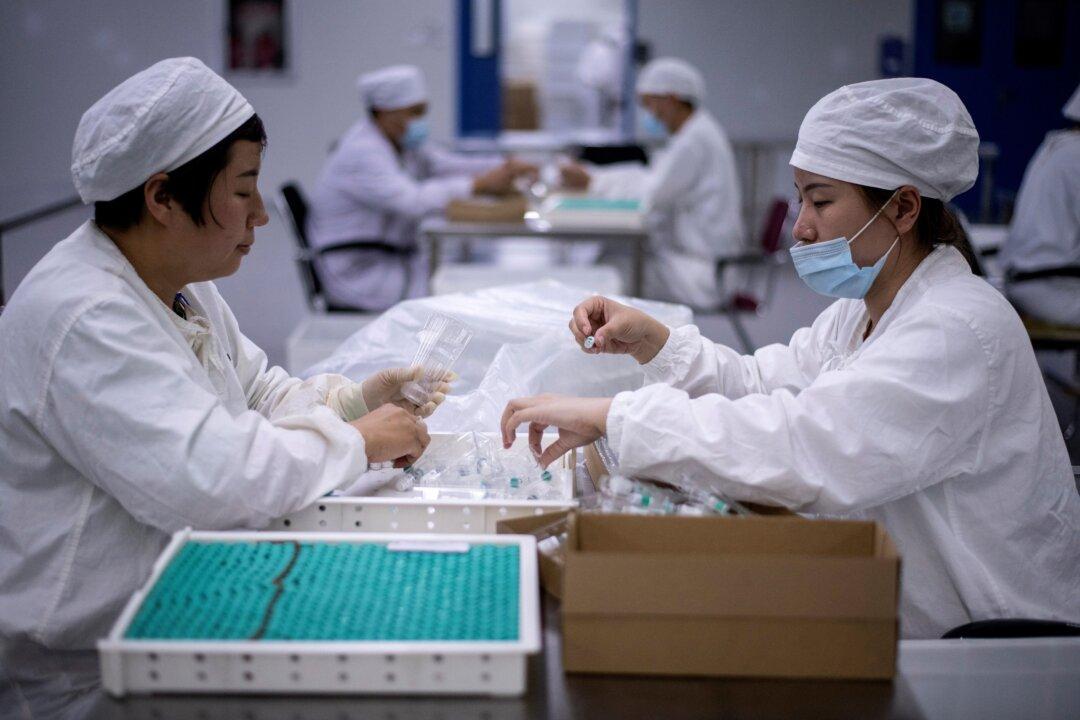As the Chinese regime races to inoculate tens of millions through coercive policies and a propaganda blitz, some local officials are quietly dodging the shots themselves.
Amid Beijing’s aggressive vaccine push, dozens of officials from parts of Liaoning, a province in northeastern China, have cited various health reasons not to take the Chinese COVID-19 vaccine, internal documents dated late March and obtained by The Epoch Times reveal.





